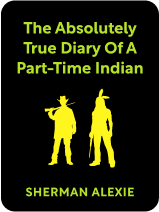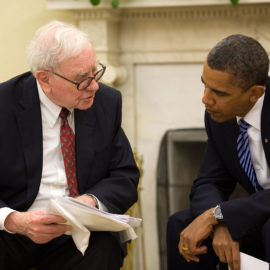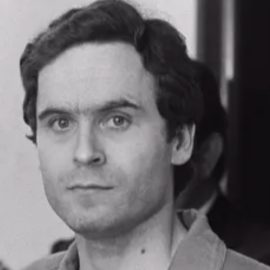

This article is an excerpt from the Shortform summary of "The Absolutely True Diary of a Part-Time Indian" by Sherman Alexie. Shortform has the world's best summaries of books you should be reading.
Like this article? Sign up for a free trial here .
Who is Eugene in The Absolutely True Diary of a Part-Time Indian? How does Junior know Eugene, and what is his role in the story?
Eugene in The Absolutely True Diary of a Part-Time Indian was a friend of Junior’s father. Eugene dies tragically after a drunken altercation with a friend, and Junior is devastated for the loss of a trusted adult in his life, and wonders what this means for his future.
Read more about Eugene in The Absolutely True Diary of a Part-Time Indian, and how his life and death affected Junior.
Eugene: The Absolutely True Diary of a Part-Time Indian
Junior does get mad and he’s ready to play, but as he runs onto the court, someone from the stands throws a quarter that hits him on the forehead. Because he’s bleeding, he can’t play and has to go back to the locker room.
His dad’s friend Eugene, a newly-certified EMT, meets Junior in the locker room and tells him he’ll need stitches. Junior asks Eugene to stitch him up so that he can go back out and play. Eugene finishes in time for Junior to join the second half of the game. Almost as soon as he’s on the court, Junior steals the ball and runs for a layup, with Rowdy close behind him. Mid-air, Rowdy elbows Junior in the head and knocks him unconscious. As the ambulance takes Junior to the ER, the cops at the game try to restrain the Indian adults who have flooded the court to join the two teams, whose players are shoving each other.
The white referees are scared of the Indians, so to please them, they give Rowdy a technical foul for elbowing Junior, but they give the Reardan team four fouls for unsportsmanlike conduct. Wellpinit wins by thirty points, and the doctors say Junior is fine.
Death of Eugene in The Absolutely True Diary of a Part-Time Indian
In February, Eugene and his friend Bobby, both drunk, argue in a 7-Eleven parking lot over who gets the last sip of wine. Bobby shoots Eugene in the face, killing him. Once in jail (and sober), Bobby hangs himself.
Junior has no idea how to deal with his grief. He copes by reading lots of books and drawing lots of cartoons. He loses track of how many days of school he’s missed—fifteen, maybe twenty. The death of Eugene in The Absolutely True Diary of a Part-Time Indian
Junior’s Anger
Junior wonders why God would make his family suffer so much by taking Eugene in The Absolutely True Diary of a Part-Time Indian. He finds his answer in the Euripides play Medea, which Gordy has shown him. In it, the title character asks, “What greater grief than the loss of one’s native land?” This hits a chord. Junior suddenly understands his family’s grief and the suffering of his community on the rez: Indians have lost their native land. In fact, they’ve lost everything: their languages, their dances, their songs, and their relationships with each other. The only way of life they know is “how to lose and be lost.”
Junior’s so angry at this unfairness that he wants to kill God. He also thinks he’s cursed his family and his tribe by leaving Wellpinit to go to school at Reardan. He blames himself for his grandmother’s and Eugene’s deaths, and he thinks about leaving Reardan for good. Losing Eugene in The Absolutely True Diary of a Part-Time Indian had a profound impact on Junior.

———End of Preview———
Like what you just read? Read the rest of the world's best summary of Sherman Alexie's "The Absolutely True Diary of a Part-Time Indian" at Shortform .
Here's what you'll find in our full The Absolutely True Diary of a Part-Time Indian summary :
- How Junior gets split between two worlds when he goes to a mostly white school
- How Junior overcomes being an outsider to being part of welcoming social circles
- The tragedies of alcoholism and poverty that leave Junior with renewed strength






